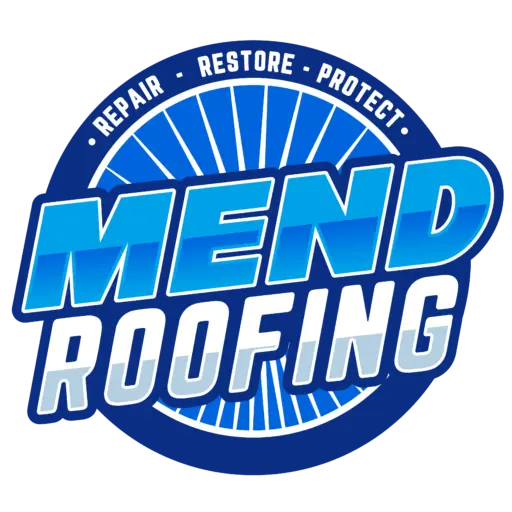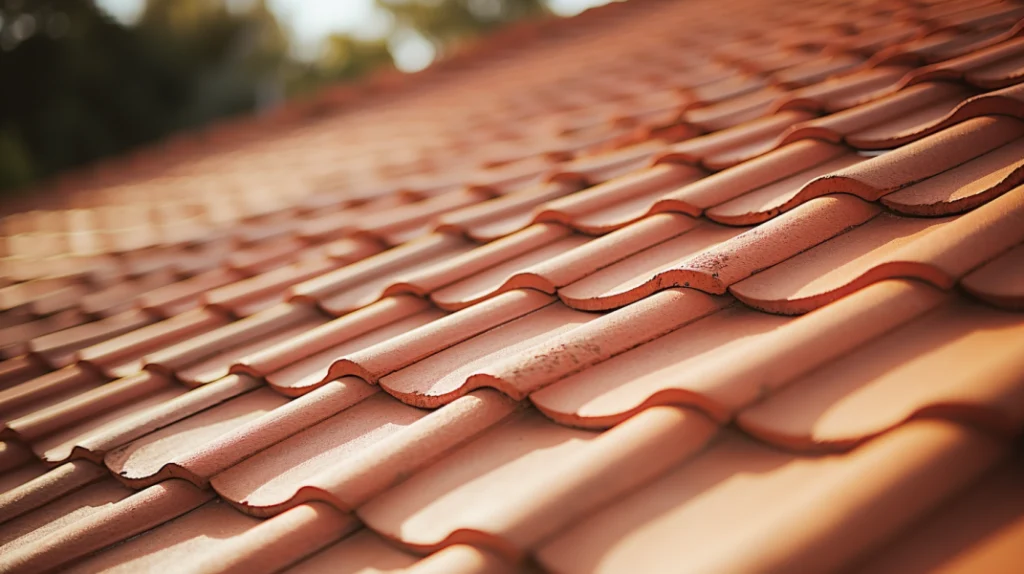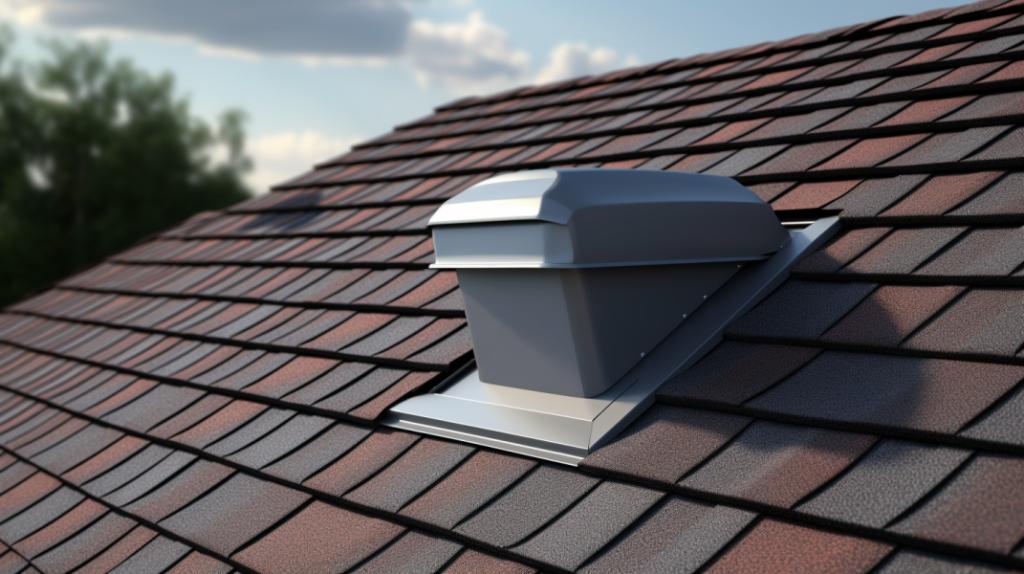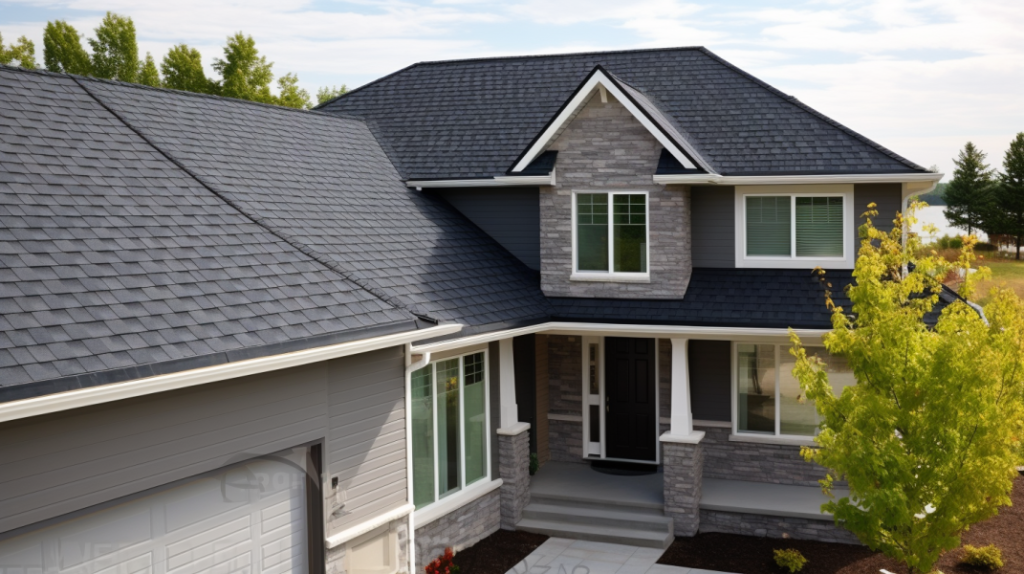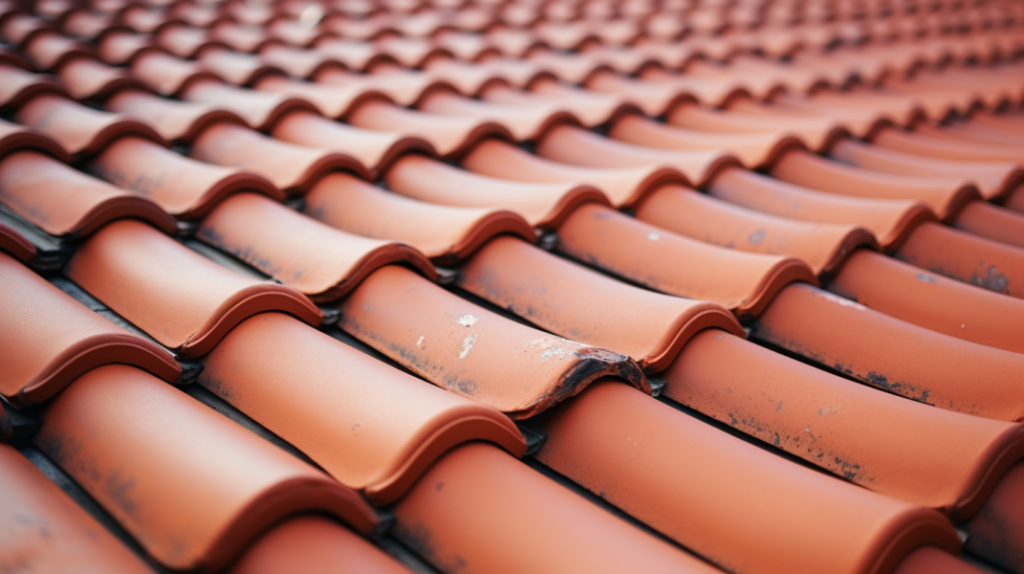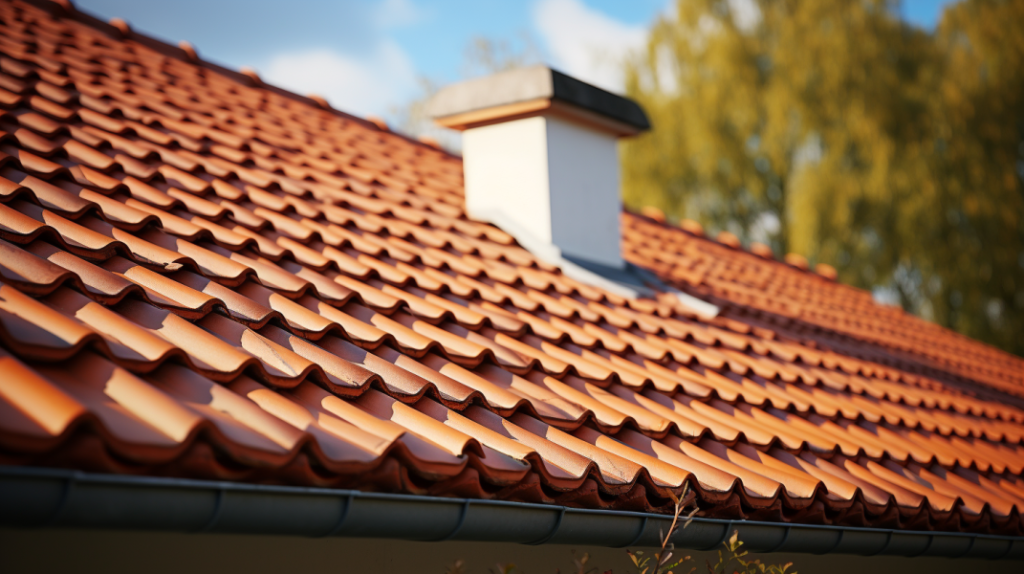Commercial establishments require robust and durable roofing solutions to ensure the safety of the infrastructure and the business operations within. At Mend Roofing, we understand the intricacies of commercial roofing and the importance of choosing the right materials and types to maximize longevity and performance. Here’s a detailed guide to help you make informed decisions about your commercial roofing needs.
Different Types of Commercial Roofs & Their Materials
Commercial roofs differ significantly from residential ones, both in design and material. The primary reason is the unique challenges they face, such as larger surface areas, more substantial equipment loads, and specific architectural requirements.
Built-Up Roofing (BUR) Membrane
A BUR system comprises multiple layers, often starting with steel decking, followed by a water barrier, insulation layers, the roofing membrane, and a gravel surface. These layers are bonded using tar, making it a prevalent choice for commercial establishments. The multi-layered structure ensures durability and resistance to various environmental factors.
Metal Roofing
Metal roofs are not just for sloped structures. They are a popular choice for commercial buildings due to their durability, sustainability, and fire resistance. The market offers a plethora of metal roofing options, including copper, aluminum, stainless steel, and more. While they might be on the pricier side, their longevity and minimal maintenance requirements often justify the initial investment.
Modified Bitumen
This roofing type consists of five layers of asphalt and reinforcing fabric, typically polyester or fiberglass, topped with an asphalt coat. It’s an excellent choice for roofs that experience significant foot traffic, offering strength and durability.
Thermoplastic Membrane (TPO)
TPO roofs are lightweight, easy to install, and provide impressive resistance against UV rays, impacts, fire, wind, and most chemicals. Their UV resistance and reflective surface make them an energy-efficient choice, especially for businesses looking to cut down on energy costs.
Thermoset Membrane (EPDM)
Comprising single-ply rubber, EPDM roofs are known for their durability and resistance to UV light and ozone. Their reflective properties can enhance energy efficiency, making them a favorite among environmentally-conscious businesses.
Expected Lifespan of Commercial Roofing Materials
While the actual lifespan of a roof can vary based on factors like maintenance, climate, and installation quality, here are some general estimates:
- BUR Membrane: 20-30 years
- Metal Roofing: 30-45 years
- Modified Bitumen: 20 years
- TPO Roofing: 20-30 years
- EPDM Roofing: 20-35 years
With proper care and maintenance, some commercial roofs can even last up to 50 years. It’s essential to choose a reputable roofing contractor in Cypress TX, like Mend Roofing, to ensure the longevity of your investment.
The Importance of Choosing a Licensed Roofer
In regions like Texas, where there’s no mandatory licensing for roofers, it’s crucial to be vigilant. Opting for a roofer in Cypress TX with voluntary certifications and licenses can make a significant difference in the quality of work and the lifespan of your roof. At Mend Roofing, we pride ourselves on our commitment to quality, ensuring that every commercial roof repair in Cypress TX we undertake meets the highest industry standards.
Conclusion
Selecting the right roofing material and type is crucial for the longevity and performance of your commercial establishment’s roof. By understanding the different options available and their respective benefits, you can make an informed decision that suits your business’s needs. Remember, a well-installed and maintained roof not only protects your infrastructure but also enhances the aesthetic appeal of your establishment. Choose wisely, and always opt for a reputable roofing company in Cypress TX to ensure the best results.
